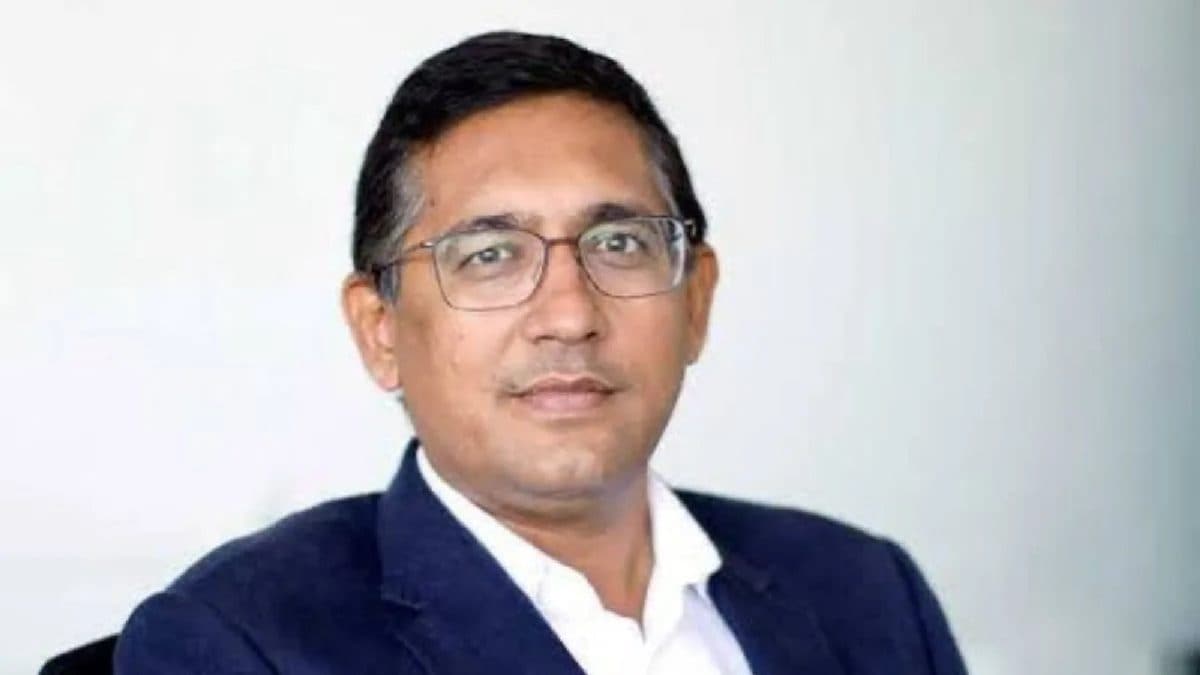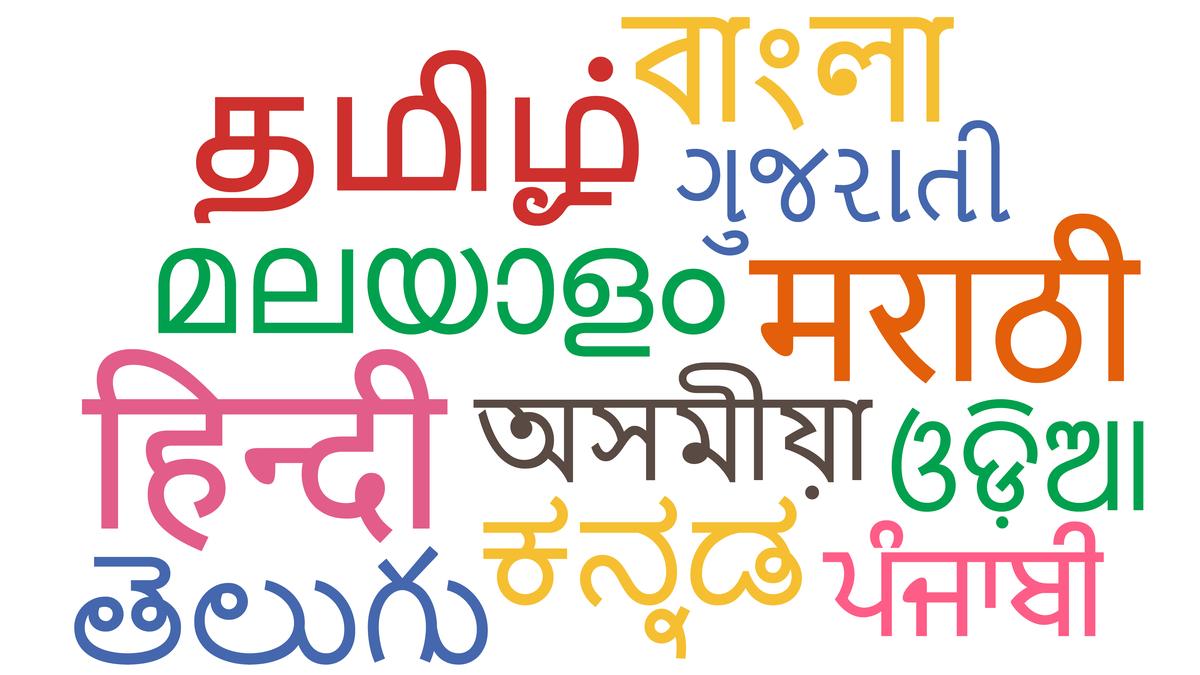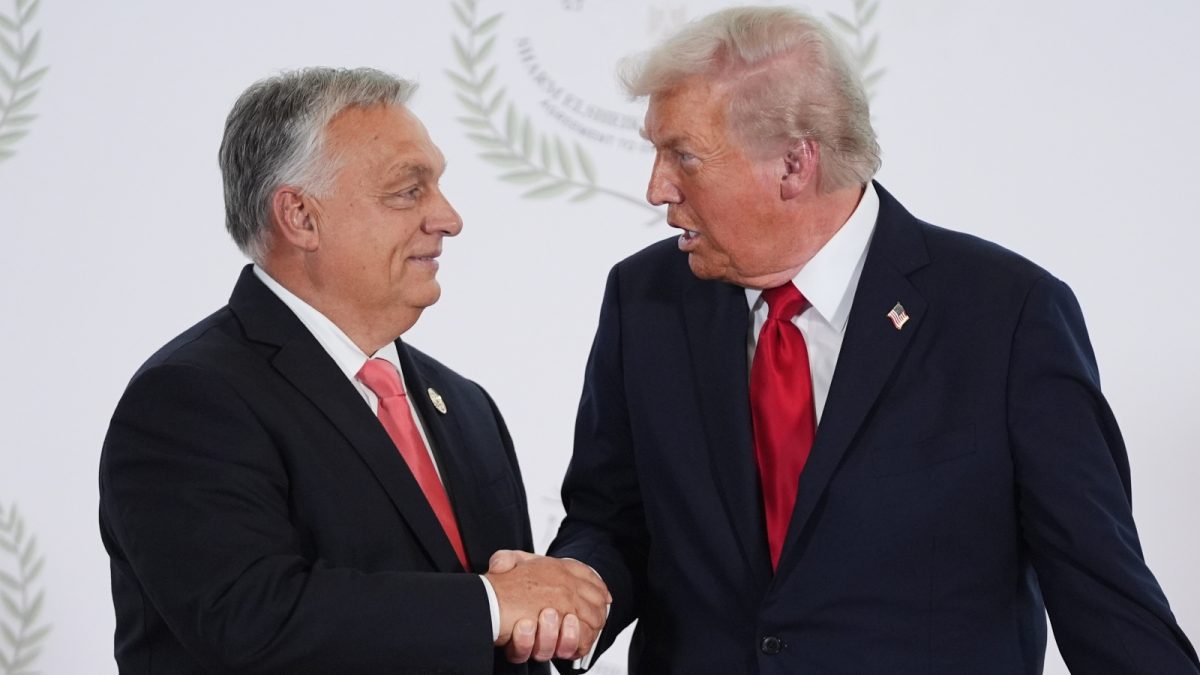Liberalism is facing challenges by both the left and the right not just in India but across the world, said Congress MP Shashi Tharoor here on Thursday.
He was delivering the first Jyoti Komireddy memorial lecture on ‘Radical Centrism: My vision for India’. For the left, liberalism meant an elitist creed, a doctrine preferring markets over morality, a theory according more importance to individual over community and a system that alienated the marginalised sections.
For the right, the emphasis of liberalism on individual freedom was seen as corrosive to tradition and cultural identity. They dismissed it foreign and western import and lacks roots in Indian soil. This had resulted in a dangerous narrowing of the intellectual space, with the freedom itself becoming a suspect. Even moderation is being viewed as unfashionable.
In this backdrop, reclaiming and reimagining Indian liberalism to give it new life and purpose as a radical centrist ideology for the benefit of the country. “The task before us is to make liberalism more vigorous and inclusive … and to root it in India’s social realities by withholding its universal ideals,” he said.
The MP said that in recent years Indian political landscape resembled a political tug of war between two extreme ideologies. On one side was a new left championed by thinkers like Yogendra Yadav who argued for politics rooted in the grievances of the underprivileged castes classes. On the other was cultural nationalism of the right articulated by voices of RSS like Ram Madhav who prefer to anchor India’s identity in Hindutva values and civilisation pride.
With both the camps offering counter narratives, the question remained if there was space for a third liberal path between the two. The radical centrism would be surely a new and third path which would not a tepid compromise. It would be a path between Nehru and Patel, Rajaji and Ambedkar and moral clarity of the left and cultural confidence of the right, he said.
Radical centrism would be commitment to Indian pluralism. It would not be passive tolerance of difference but treat pluralism as an active celebration. Nehru’s vision of India as a secular inclusive democracy will remain foundation of radical centrism but it would recognise that pluralism would not mean only about religion and language but would focus on live realities like caste, gender, regional and class.

 1 hour ago
5
1 hour ago
5









 English (US) ·
English (US) ·